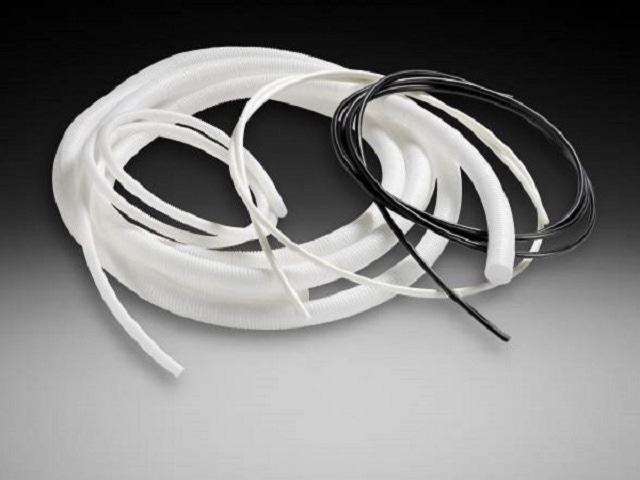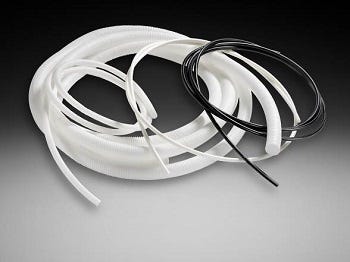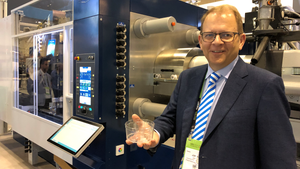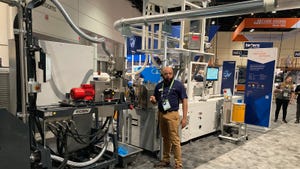All-thermoplastic composite hydrogen storage cylinder to be introduced
Celanese Corp. (Irving, TX) is presenting a technical paper on an all-thermoplastic composite storage cylinder for use in fuel-cell automobiles and showcasing new material innovations for advanced fuel systems during the ITB Automotive Energy Storage Systems 2014 conference Wednesday and Thursday, March 5-6, at the Sheraton Detroit Novi Hotel in Michigan.
February 27, 2014

Celanese Corp. (Irving, TX) is presenting a technical paper on an all-thermoplastic composite storage cylinder for use in fuel-cell automobiles and showcasing new material innovations for advanced fuel systems during the ITB Automotive Energy Storage Systems 2014 conference Wednesday and Thursday, March 5-6, at the Sheraton Detroit Novi Hotel in Michigan.
Celanese, also a conference exhibitor, will deliver the paper during the Sustainable Energy Solutions session at 5 p.m. on Thursday. The paper, Development of a Monolithic, Thermoplastic Composite Type IV Pressure Vessel for Hydrogen Storage on Automobiles, will be presented by Greg Clark and David Almond of Celanese, and Matthew Turner and Andrew Clarke of EPL Composite Solutions (Loughborough, UK). They will highlight their study to design a vessel and develop a manufacturing process for an all-thermoplastic composite storage cylinder for use in fuel-cell automobiles.
|
Flexible POM tubing for in-tank automotive applications. |
In addition, Celanese will exhibit several plastics targeting the auto sector. These include Hostaform PTX polyacetal, a new flexible high-impact copolymer for in-tank automotive fuel tubing said to offer excellent toughness and resilience (-40°C), broad chemical resistance, low moisture absorption and superior dimensional stability. This injection-moldable and extrudable POM has similar mechanical properties to polyamide (PA) 11 and PA 12 but is oligomer free.
Also on show is flexible Fortron polyphenylene sulfide (PPS) resin, reportedly providing superior high temperature resistance above 135°C, toughness and resilience to -40°C, chemical resistance to road salt and automotive fluids, no contamination related to oligomers or plasticizers and excellent permeation resistance. In addition, it is compatible with existing processing and forming technologies.
Finally, Fortron ICE 717F PPS was developed for long-term performance with aggressive fuels. This new grade withstands the increased operating temperatures of hot diesel engines and enables higher efficiency pumps with less energy consumption thanks to tighter dimensional stability.
About the Author(s)
You May Also Like


